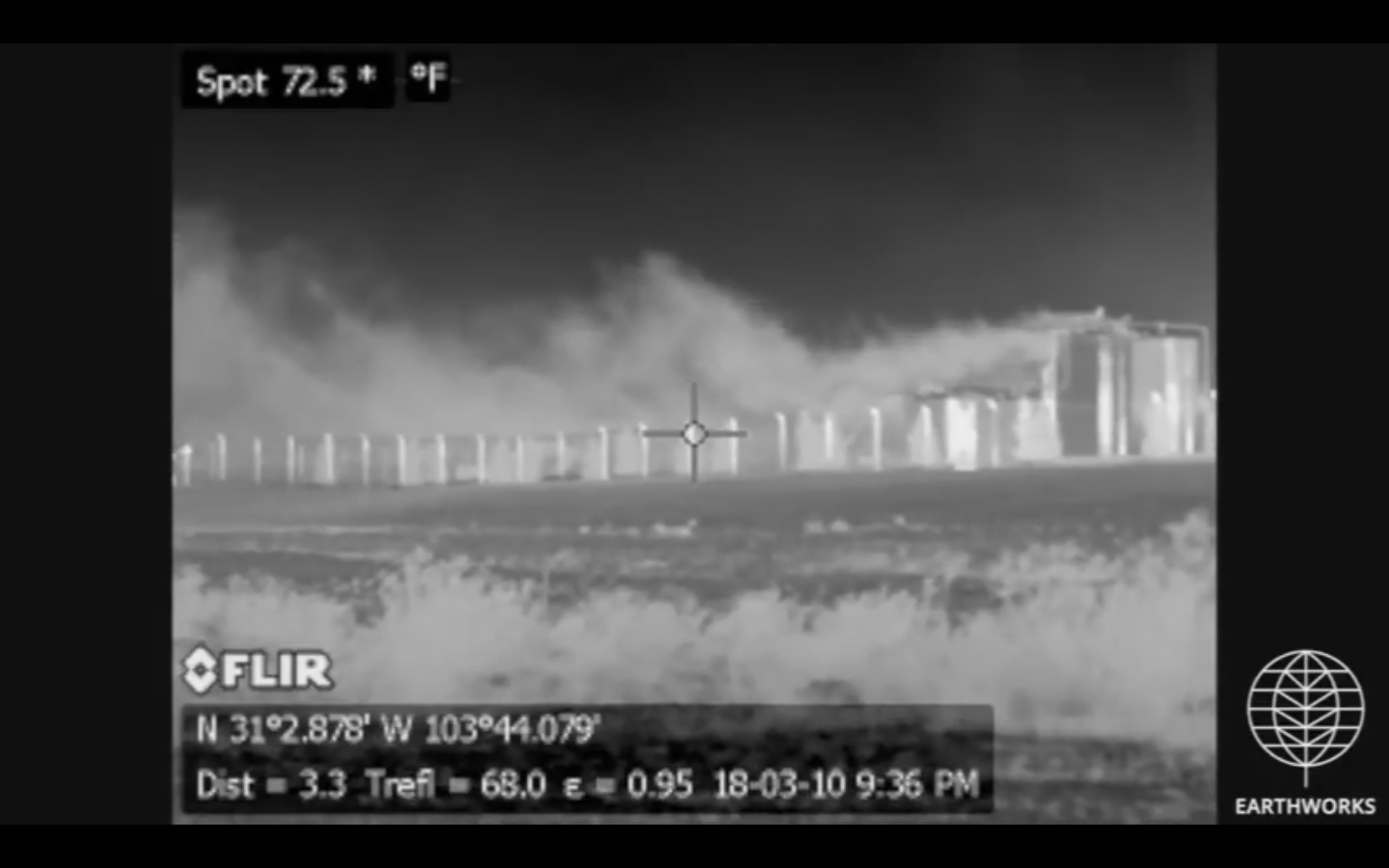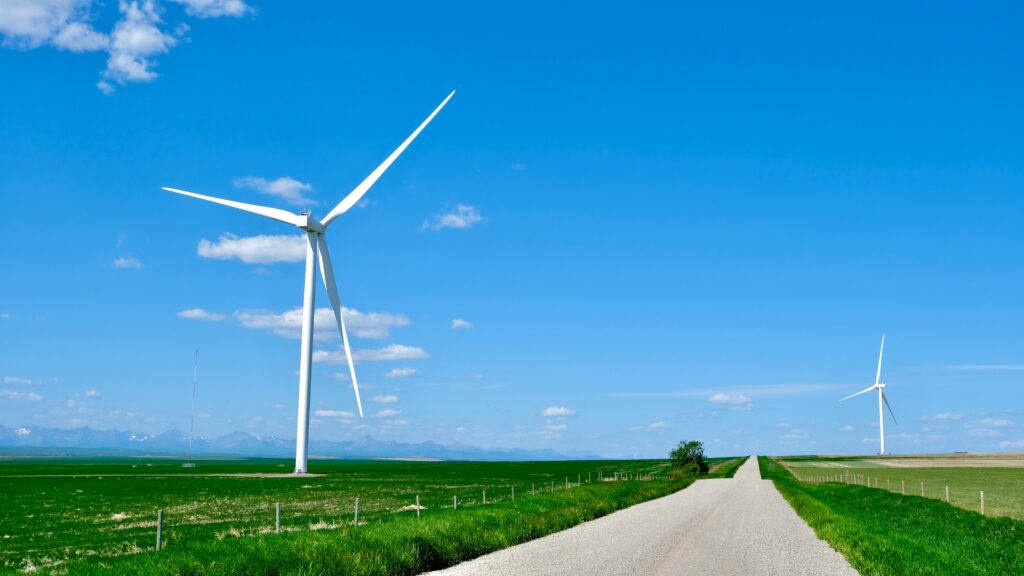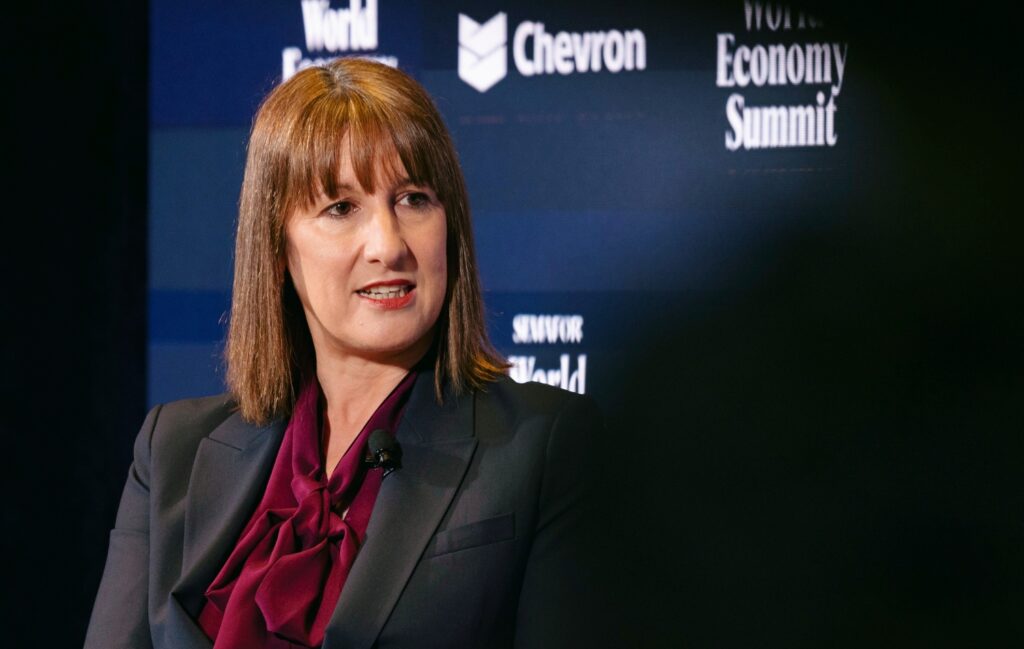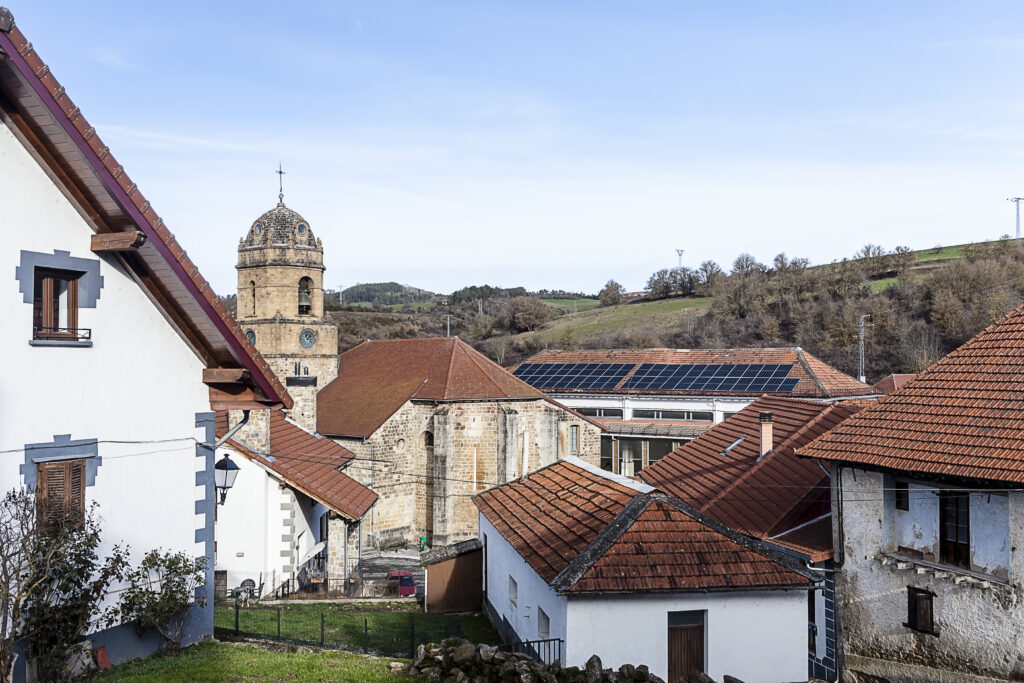Each year, oil and gas industry operations in the U.S. are leaking roughly 60 percent more methane, a powerful greenhouse gas, into our atmosphere than previous estimates from the U.S. Environmental Protection Agency, which relied heavily on self-reporting by the industry.
That’s the conclusion of a study published today in the peer-reviewed journal Science and conducted with funding from the Department of Energy, NASA, and private foundations. The two dozen researchers involved found that the U.S. oil and gas supply chain releases between 11 and 15 million metric tons of methane per year.
“This study confirms the growing body of peer-reviewed science indicating oil and gas extraction’s methane pollution makes it as harmful to climate as coal burning’s carbon dioxide pollution,” said Dr. Anthony Ingraffea, Cornell University professor emeritus of engineering and vice president of Earthworks’ board of directors.
“This confirms there is no ‘bridge fuel’,” Ingraffea said. “To stave off catastrophic climate change we need to immediately drop all fossil fuels in favor of conservation and renewables.”
A Leaky System
Methane is a powerful and fast-acting greenhouse gas. Each ton of methane causes over 80 times the amount of climate warming as an equal amount of carbon dioxide in the first two decades after it enters the atmosphere. It’s also the primary ingredient in the natural gas that’s used to heat homes and to generate electricity — and when it leaks from oil and gas wells, pipelines, and other equipment, it can cause the world’s climate to grow hotter faster.
Even when methane is burned, it still has a globe-warming effect because it releases carbon dioxide emissions of its own. A “new, efficient” natural gas power plant generates about 40 to 50 percent as much carbon dioxide as a “typical new coal plant” when that gas is burned, according to the Union of Concerned Scientists — but the methane leaks in the supply chain come on top of that carbon pollution.
The new paper in Science notes that because methane naturally breaks down in the atmosphere faster than carbon, cutting methane “emissions can effectively reduce the near-term rate of warming.”
And that’s vitally important because the costs of climate change are extraordinary even when measured just in financial terms. Within a decade, the tab will reach a billion dollars a day, Bloomberg reported last year — and that’s in the U.S. alone.
The Political Climate
While the debate in Washington, D.C. under the Trump administration has focused on whether climate change is “real” (spoiler: the scientific consensus remains robust — our climate is changing, and yes, human activity is the main cause), international efforts to shift away from fossil fuels are edging forward but not yet fast enough to hit the Paris Agreement’s goal. A draft report from the United Nations Intergovernmental Panel on Climate Change (IPCC), which was leaked earlier this month, concluded that “rapid and far-reaching” changes are needed and that so far, efforts to limit warming to below 1.5° Celsius over pre-industrial levels are faltering.
And that change is coming fast. “If emissions continue at their present rate, human-induced warming will exceed 1.5°C by around 2040,” or 22 years from now, the draft IPCC report reads. (Ingraffea warns that the impacts of methane leaks, which have received less focus in climate research, could speed that warming up, causing 2°C (3.6°F) of climate change in as little as 10 to 15 years.)
In D.C., climate science deniers have obtained unprecedented political power under the Trump administration, and include the EPA‘s chief Scott Pruitt, who recently questioned whether a changing climate, which will bring rising sea levels, drought, hurricanes, wildfires, and other disasters, is “necessarily a bad thing.”
Given that political climate, environmental groups called for action from state-level regulators in response to the Science study.
“If the Trump administration cared one iota about science-based reality, these results would cause EPA Administrator Pruitt and Interior Secretary Zinke to end their efforts to roll back oil and gas methane pollution safeguards,” Earthworks policy director Lauren Pagel said. “Because they won’t, state-based efforts to do so in Pennsylvania, New Mexico, and other states are all the more important.”
Patching Leaks, Moving Away From Fossil Fuels
The new study mixed on-the-ground and airborne measurements, drawing on measurements at over 400 well pads in a half-dozen heavily drilled areas of the U.S., as well as other industry equipment like pipelines, valves, and tanks, and in addition to aerial surveys.
It was organized by the Environmental Defense Fund (EDF), whose coziness with the oil and gas industry has drawn the ire of other environmental organizations. As DeSmog has previously reported, parts of “the EDF’s methane emissions study [are] heavily industry funded. Those backing the University of Texas study [part of that research series] include Anadarko, BG Group, Chevron, Encana, Pioneer Natural Resources, Shell, Southwestern Energy, Talisman Energy, and XTO Energy, an ExxonMobil subsidiary.”
One of the contributors to the new report, Professor David Allen of the University of Texas at Austin, was accused in 2016 of committing scientific fraud in his research on methane leaks by disregarding warnings that his data was tainted by malfunctioning equipment. The EPA‘s Inspector General declined in 2016 to investigate those allegations and closed its case.
In a press release announcing the new study, EDF emphasized the cost of those leaks — which lost enough to “fuel 10 million homes” with a market value of over $2 billion — and the financial incentives that industry has to prevent leaks.
“Scientists have uncovered a huge problem, but also an enormous opportunity,” said EDF Chief Scientist Steven Hamburg and study co-author. “Reducing methane emissions from the oil and gas sector is the fastest, most cost-effective way we have to slow the rate of warming today, even as the larger transition to lower-carbon energy continues.”
But the oil and gas industry has for decades argued that those financial incentives would be enough to make operators police their own wells — but nonetheless, methane leaks have continued.
In 2016, the EPA announced a voluntary leak-reporting program called One Future — and out of 8,000 eligible oil and gas companies, only 10 signed on, Reuters reported last year.
Other environmental groups are urging a transition away from natural gas and other fossil fuels as a more reliable way to prevent climate change.
“By its own admission, EDF’s report underestimates the full volume of methane leakage throughout the entire fracking process,” Wenonah Hauter, Executive Director of Food & Water Watch said in a statement. “Furthermore, every dollar that goes into fracking means fewer dollars invested in wind, solar, and other clean energy systems.”
“Instead of looking for ways to patch up inherently flawed energy approaches like gas fracking,” she added, “we should be placing an immediate moratorium on all fossil fuel development and embracing an immediate shift to 100 percent clean, renewable energy now.”
Main image: Optical gas imaging reveals emissions from gas industry equipment on March 10, 2018 in Reeves County, Texas. Credit: Earthworks, via YouTube
Subscribe to our newsletter
Stay up to date with DeSmog news and alerts







